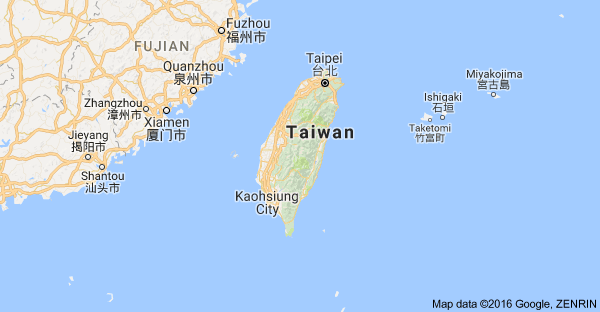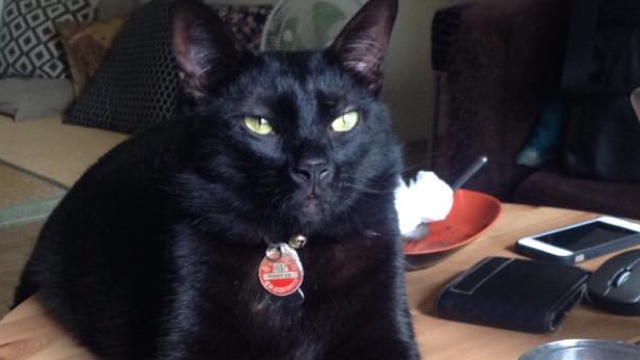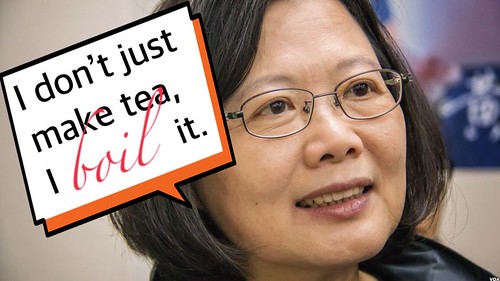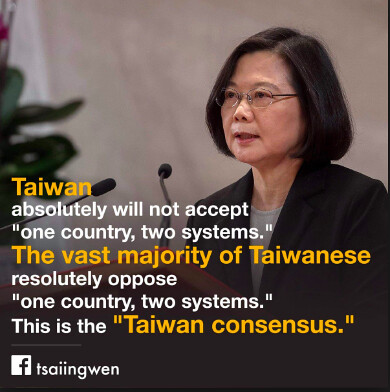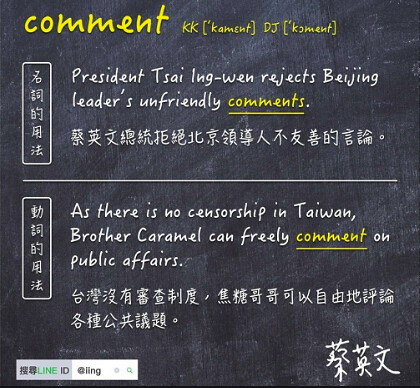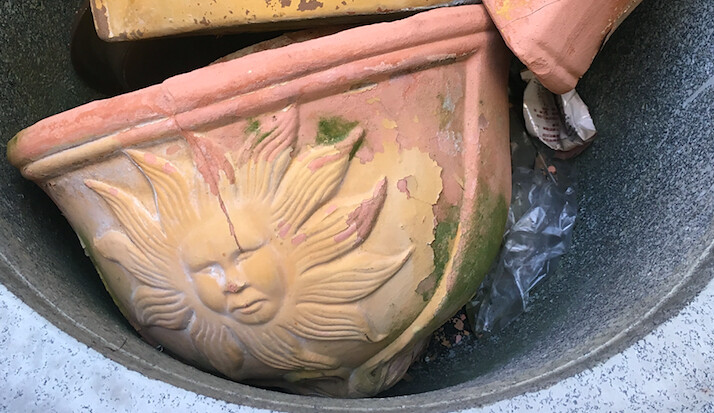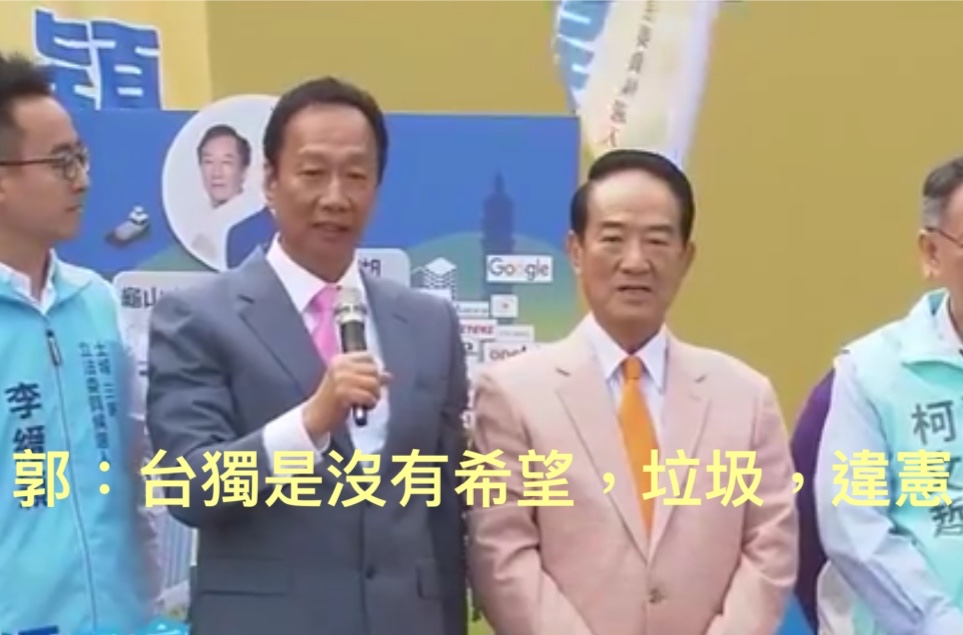 |
| Screenshot from NowNews video with subtitles added |
Let me start this by saying I don't care about Terry Gou. He's just some rich guy, he'll never be president. While he's obviously got business acumen, he's foolish to think that running a country is similar to running a business. I've never forgiven him for saying "you can't eat democracy" as a way of saying he thought money was more important than freedom (and therefore unification would be potentially acceptable), and I have a whole host of new reasons to renew my dislike.
However, please allow me, after saying "I don't care about Terry Gou", to write a lot about my opinion on Terry Gou. Or rather, his views on Taiwanese independence.
The other day, at a rally for some other guy, Gou appeared alongside that candidate, James Soong and Ko Wen-je for a whole lineup of people I don't care about. Around the 19-minute mark of this video, Gou said:
搞台獨都是垃圾...台獨沒有希望、垃圾、違憲
Translation: "All Taiwan independence supporters are garbage...Taiwan independence is hopeless, trash and unconstitutional!"
Notably, he tried to make it sound as though he was just repeating and agreeing with something he insists Ko Wen-je said. Ko denied this, saying that he said some independence supporters are scammers and liars, but not all of them, and he respects people who sincerely believe in it.
I'm not sure what that's supposed to mean, because people who actively but insincerely support Taiwanese independence are not a thing. I suppose he is trying to create a distinction between people who care about Taiwan independence, and those who only say so to get votes but again - not a thing. It's the other side of that which is true: people who have said they oppose unification, but actually don't, or quietly support it (see: Ma Ying-jeou).
The pan-blue/red and the pan-green media have all covered this, mostly from the "Ko said that wasn't what he meant" angle, which really isn't the story here. It doesn't matter who said it first. That it was said at all is the problem. UDN (pan-blue) notably focused on "Taiwan independence is hopeless, garbage and unconstitutional" - the sort of thing their readers might agree with even if they'd blanche at calling people they disagree with "garbage". Pan-green media focused on "Taiwan independence supporters are all garbage", because that's more of an offensive slur against actual people than merely a stupid opinion on an issue. Rest assured, dear readers, he said both. And both are awful.
That's not all Gou said, but I'll get to his other stand-out remark later.
First, I'd like to tell you why I'm writing about Gou when I do not care about him. It's because his dumb remarks give me a good 'in' to make a point that's been clonking around in my head for months now.
And that is this: when we talk about whether Taiwanese (or Hong Kong) independence is possible or hopeless, most people are asking the wrong question.
They ask (and answer) "how could Taiwan (or Hong Kong) possibly gain independence? China would never allow it for Hong Kong, and never allow recognition of it for Taiwan! It's impossible! China's too big, too strong!"
But what they really should ask themselves first is this:
"How could Taiwan and Hong Kong possibly become a part of China?"
Especially as it exists now, what would it take for such an annexation/integration to be successful?
It would require Taiwanese and Hong Kongers to willingly give up their rights and freedoms and submit to authoritarian Chinese rule. It would require this even though people from both places have seen the way that China treats its own citizens - that is, not well at all.
It would therefore entail people from these places not only agreeing that it's acceptable to be 'a part of China', but to actually think of themselves as Chinese. Hong Kongers no longer believe the former, in large part, and are slowly moving away from the latter (considering how common it is now to refer to themselves as "Hong Kongers" rather than as "Chinese"). Taiwanese haven't believed either for quite some time.
How would Taiwanese (and Hong Kongers) ever come to believe and willingly submit to these things? What would it take to accomplish that?
The answer is that there is no way to accomplish that. There is no way to peacefully and straightforwardly convince Taiwan (or Hong Kong) to unify. The only option is violent annexation following underhanded attacks on democratic norms.
Taiwanese are already soured - probably permanently - on the notion of being a part of China. The youth are soured on considering themselves Chinese in any sense. Hong Kong is quickly moving in that direction, which I would argue was an inevitable development given what China is like.
By starting with the wrong question, unificationists like Gou - and yes, he is a unificationist - delude themselves into believing that unification could possibly be peaceful, that a general pro-China consensus will ensure that it's not necessary for the PLA to come in and start shooting at Taiwanese, and therefore that this outcome is better than the threat of war under continued independence.
That's not what will happen, though, because there won't be a general pro-China consensus. Ever. Unification will not make the differences in culture, belief systems and society between Taiwan and China go away. The only option left is prolonged Hong Kong-like guerilla warfare - and that won't drive Taiwanese to change their minds, either. If anything, it'll only harden them against China even more.
And that way - the only way one can conceive of working - simply is not going to happen. Rather than "accept unification or it's war", it's time we accepted the real truth: "the only choices are independence, or war".
So when Terry Gou says "Taiwan independence is hopeless", what is that supposed to mean? What does he expect to happen instead? It's unification that is hopeless. How would it even work? Why do people - Gou included - allow the assumption that unification is possible to pass unquestioned, but not the assumption that independence is possible?
Most likely, if asked, he would point to the "status quo" - the ROC not claiming independence but resisting unification - as others have done. That's surely what he meant when he called independence "unconstitutional" (which is true, I suppose, but absent a threat from China, the constitution can be changed.) He doesn't seem to realize that the status quo is independence, as much as he'd like to pretend that's not the case.
Gou and others might want us to believe that 'Taiwan independence' is a terrifying unknown thing, whereas the status quo is safe, secure and known. But a version of Taiwan independence already exists - the mirage of danger is created and maintained by Chinese threats, not any lived reality. And the status quo, insofar as it is different from independence (which it isn't in any practical way) is not particularly safe.
Of course, the status quo is not tenable. China has made it clear that they do not intend to allow it to continue forever, and it's time we paid attention. It's just not smart to assume they are bluffing because that's the easier truth to swallow - when someone tells you who they are, believe them.
The longer it is prolonged, the longer China has the time to build up its military, poach diplomatic relations, throw out debt traps and economic dependencies to make the rest of the world beholden to its agenda. And the longer it is prolonged, the more Taiwanese (and Hong Kongers) will resist the idea, as they have done and will do.
Of course, I won't even entertain the notion that a unified China under the ROC is possible. Why not? Because hahaahhahahahahahaha.
So stop asking whether independence is, as Gou said, "hopeless" and "trash". Ask instead whether unification is hopeless. You'll find that it is.
UDN also pointed out that Gou said this:
第三勢力不容忍台獨、反對台獨。
The Third Force doesn't tolerate Taiwan independence, it opposes Taiwan independence.
That's interesting, I guess. I mean, the Third Force has, since the term came into being, referred to the left-of-the-DPP folks who considered themselves "colorless" (but, in truth, were always broadly pan-green). Other than their generally socially liberal political views and activist roots, one of the things that binds them together is a support for Taiwan independence.
Now, it seems that people like Gou, Ko Wen-je and his new ego-machine and the PFP/James Soong people are trying to appropriate the term for themselves. That's a joke - the term already refers to a group of people and they can't be silenced. These guys aren't colorless, either. They are broadly pan-blue and always have been. Let's not forget that in the past year or so, Ko has consistently attacked the DPP and been supportive-ish of the KMT. James Soong was the guy behind a lot of censorship and colonial-mentality policies from the authoritarian era, when he ran the Government Information Office. Gou very recently tried to win the KMT nomination and is sucking sour grapes because he lost spectacularly.
In other words, these guys absolutely have a color. The real Third Force has engaged in a very long internal debate on whether they are "little greens" or exist independently of the pan-green camp, instead holding the DPP accountable. It seems clear that most of them have decided that they are little greens for the purposes of the presidential election, for now, because Han and the KMT are a greater threat to Taiwan than the DPP having no meaningful opposition from the left. This is right, as it puts the country first. If Huang Kuo-chang wants to sulk in the corner about it, that shows how self-serving he's always been.
Ko, Soong, Gou and their various party affiliations and hangers-on - are not even trying to engage in that debate. They are acting blue while calling themselves "colorless" and "the Third Force". It's just another iteration of the pan-blue camp calling DPP and pan-green ideas "ideological" and their lawmakers as "doing ideology", while pretending their side is neutral and ideology-free (of course, it isn't. No side is.)
It's also vaguely interesting to me, watching the NowNews video linked above, that whenever they need to drum up sentimental support, these guys pivot from "independence is trash" and "the ROC" to "Taiwan", with Ko Wen-je saying "give Taiwan a chance!" and the resulting chant focusing on Taiwan, not 'the ROC'. It's almost as if - and stop me if I sound insane here - that they know that voters have a stronger attachment to the concept of 'Taiwan' (their island) than 'the ROC' (a foreign government which claims sovereignty). It's like they're aware that when people conceptualize their country, in their minds that country is Taiwan.
So despite being anti-Taiwan/pro-China in platforms and rhetoric, they're quite willing to hypocritically call on that sentiment when it suits them.
Never fear, the actual Third Force, like most Taiwanese, prefer independence or the closest thing to it. These folks are an entirely different ideological force, and are likely to remain a sidelined one.
Why? Because they're asking and answering the wrong questions. And who will vote for you when you can't even ask the right question, let alone answer it?



